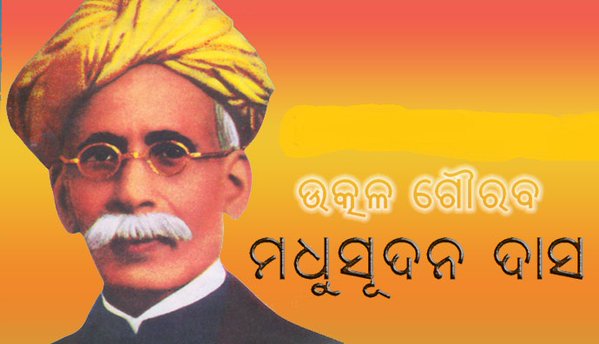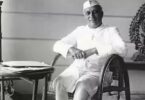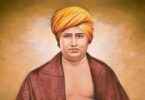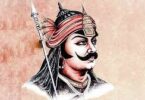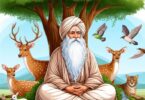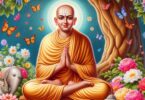It was in the year 1925. Orissa was then a part of Bihar. In the Legislative Council of the province of Bihar and Orissa there were several Oriya members. Among the ministers also there was an Oriya. At that time the speeches on the floor of the Council were delivered either in English or in Hindi. An eminent Oriya litterateur and Orator Viswanath Kar, who was then a member of the Council, felt offended. He desired to deliver his speech in Oriya. This he conveyed to the Oriya minister who appreciated it and asked him to do so. Next day, Viswanath Kar, when his turn came, started speaking in Oriya. This at once created protests and. shouts. Then Mr. Kar asked. “If a speech in English or Hindi is permissible, then why a speech in Oriya will not be permitted?” To this the Secretary of the Assembly replied “Because the Government will not be able to understand a speech delivered in Oriya. At once the Oriya minister stood up and roared “So long I am in the Council of ministers, who dares say that the Govt. will not understand an Oriya speech?” All kept quiet. Sri Kar went on with his speech in Oriya which earned his eulogy. But, the assistance and bravery of the Oriya minister, without which this would not have been possible was the Grand-old man of Orissa named Madhusudan Das.
Madhusudan was born on 28th April, 1848 in the village Satyavamapur of Cuttack District. His father Raghunath Das was an affluent peasant of the area. Since childhood Madhusudan had a keen aptitude for higher education. So completing his primary education in his village he came down to Cuttack, and passed the Entrance, now called Matriculation, examination from the Ravenshw Collegiate School in 1864.
In those days a matriculate was considered as a highly educated person. Madhusudan received offers for many lucrative posts. But he accepted none as he wanted to have higher education. College education was then not available in Orissa. Besides, in 1866. The great Na-Anka famine ruined the economy of Orissa. His father also became financially unable to send him to Calcutta for College education But Madusudan took a great risk and proceeded to Calcutta with a few rupees, to receive College education there.
Reaching Calcutta Mr. Das first found out the job of a private tutor, and with the salary he managed to pass I.A. But to complete B. A. needed more money. At that time, the Christian Missionaries were giving financial help to Hindus who agreed to accept Christianity. So, to fulfil his heart’s desire Madhusudan approached the missionaries, adopted Christianity, and passed B.A. in 1870 from the Presidency College of Calcutta. Then he was appointed as a clerk in the Calcutta High Court. While serving, he privately passed M.A. in English in 1873. Later he passed B.L. in 1878. He was the first Oriya M.A. and B.L.
By dint of his intelligence, bravery and determination Madhubabu could have earned a lot as lawyer at Calcutta. But his heart was crying for his neglected and suffering countrymen. So, he came down to Cuttack and started his profession there. Very soon he earned unparalleled reputation as a lawyer for his exceptional intelligence and keen foresight. He won a number of famous intricate cases. Even the European judges of the High Court held him high in esteem.
Mr. Das hated service. He always advised Oriya youth to be self-supported through Industry and Commerce. He was the first person who presented the demand for a separate province of Orissa to the Governor in the year 1888. Since, then, Madhu Babu was intimately associated with all committees and societies which fought for a separate province of Orissa.
To prove the skill of Oriya craftsmen he, out of his own money, started the Utkal Art Works for filigree and Utkal Tannery for leather work in 1894. The products were highly appreciated even in England and other Western countries.
Though Madhu Babu was a Minister, he refused to accept any salary as he felt that it will reduce him to a servant. He wanted to work honorarily. The Government, did not agree. So, he resigned and resumed his legal profession. Such self-respect and sacrifice is rarely seen.
For all these he has been rightly called “Utkal Gourab” or the Pride of Orissa. He expired on the 4th day of February 1934.


